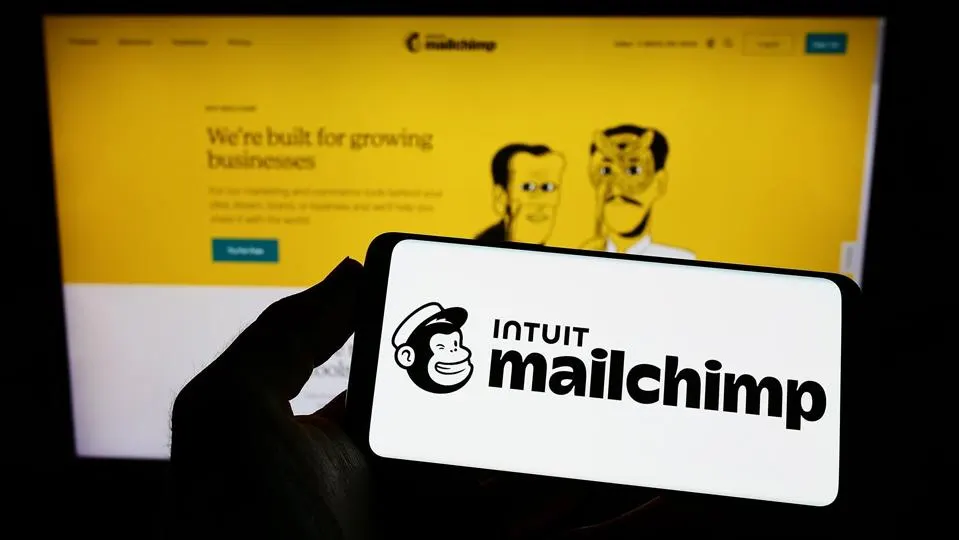What is DevOps – A Super Simple Explanation For Everyone
2 July 2021
Have you heard the term DevOps bandied about and wondered what it means? Aside from sounding quite powerful and vaguely militaristic (it’s not), this linguistic blend was first coined in 2009 by Patrick Debois to describe the combination of software development and operations departments to produce better results. Contrary to popular belief, you don’t have to be a huge enterprise to benefit from the DevOps structure, even though giants such as Amazon, Netflix, and Facebook were early adopters. Let’s dig into the concept to learn the benefits and how companies rely on it today.

DevOps Methodology
The transition away from the waterfall method of software development to Agile’s continuous development cycle paved the way for DevOps. But Agile only addressed the development side. This created an inconsistency within organisations where development was continuous, but deployment was still waterfall-oriented.
When thought leaders began to realise the power of breaking down silos between development and IT to improve communication and collaboration, DevOps started to be accepted. Organisations that adopt the DevOps methodology can deploy continuously. DevOps cultures embrace trust, cross-functionality, automation, and shared responsibilities.
Benefits of DevOps
Improved collaboration among development and ops teams is just one of the benefits of DevOps, here are a few more.
Frequent deployments with a low failure rate: Using a DevOps structure, sites such as Netflix and Amazon deploy thousands of times a day. This iterative delivery allows for continuous improvement and recovery that’s 24% faster if there is an issue.
Faster product improvements: The quicker the pace of new releases and bug fixes the faster innovation can happen.
Cross-functional ownership of product delivery: DevOps nurtures a culture of accountability. Everyone has responsibility for ensuring a positive customer experience. An integrated team feels more responsible for the group’s collective success.
Examples of companies which have adopted DevOps
Many of today’s most prominent brands from Amazon to Netflix to Target are thriving because of their commitment to DevOps.
Netflix
Engineers at Netflix deploy code thousands of times a day. When they transitioned to streaming video from shipping DVDs, they were forced to build their own tools to keep their cloud infrastructure operating since no viable commercial tools were available. They relied on open source solutions and a team of developers to create a suite of automated tools that test its cloud infrastructure to identify issues before customers realise them. The structure that supports this quick response: DevOps.
Target
There were a few early fans of DevOps within Target, but today it has infiltrated the entire organisation and is instrumental in the company’s Cartwheel app. The company holds DevOpsDays where teams get to cheque out demos and participate in breakout sessions, and they also spread the DevOps mindset by sponsoring a DevOps MeetUp group in Minneapolis.
Express Scripts
Pharmaceutical company Express Scripts implemented DevOps to eliminate waste. The company’s leaders were so impressed by the improved efficiency, the feedback loop and the speed of deployments because of DevOps that they just approved the hiring of 1,000 more developers.
Implementation of a DevOps structure is positively impacting companies in all industries and of all sizes. Tell us about your DevOps experience. If you haven’t embraced the DevOps methodology, what holds you back?
Related Articles
How Generative AI Will Change The Job Of Real Estate Agents
Real estate agents and other professionals in their industry are in the business of selling good old-fashioned solid bricks and mortar.[...]
How BCG Is Revolutionizing Consulting With AI: A Case Study
In a world where AI is transforming every sector, companies are constantly seeking ways to gain a competitive edge.[...]
The Biggest Education Trends Of The Next 10 Years
Education is changing rapidly. In today’s fast-moving world, a model where we graduate in our youth prepared for a lifelong career is simply no longer valid.[...]
Is This AI’s IPhone Moment?
Today, the term “iPhone moment” is frequently used to refer to a technology breaking through into the mainstream.[...]
AI Politicians: The Future Of Democracy Or A Threat To Freedom?
2024 is a big year for democracy, with over two billion of us voting in elections across the US, India, the EU, the UK and many other countries and territories.[...]
How Mailchimp Hopes To Build The End-To-End AI Solution For SMEs
I often write about AI's potential to transform any business. Yet, a question I frequently get from small businesses is, "Does that really include us?"[...]
Sign up to Stay in Touch!
Bernard Marr is a world-renowned futurist, influencer and thought leader in the fields of business and technology, with a passion for using technology for the good of humanity.
He is a best-selling author of over 20 books, writes a regular column for Forbes and advises and coaches many of the world’s best-known organisations.
He has a combined following of 4 million people across his social media channels and newsletters and was ranked by LinkedIn as one of the top 5 business influencers in the world.
Bernard’s latest book is ‘Generative AI in Practice’.










Social Media